Years ago, when the eBook market was just beginning to form, there was a problem that everyone faced: what the hell do you charge for digital content? To this day, we still don’t have an absolutely settled price-point and it’s hard for all of us to come to a decision just what our work is worth (especially for independents).
But then along came this strange stigma that made some sense in a way but in truth was a fabrication. According to conventional wisdom; if it’s priced low, it’s a shitty book that wasn’t ready for prime-time. This perception is guided primarily based on the fact that the higher-end authors came onto the market with books that were near or completely full-priced compared to their print companions. In essence, the stigma of the vanity press started to bleed into the image of independently published eBooks.
And it makes sense, doesn’t it? Obviously, those big names were offering their books at full price and managing to do really well despite competing against each other. The traditional publishers were right: quality material didn’t have to drop below a certain price to get a market shar-
Well then…
Who Was Really Messing Up The Market?
The whole thing started pretty innocently. When you come to a new market with a new set of rules, you have to figure out the prices for something that has previously had no value. This means that the early eBook market was something of a free-for-all with no set price and based mostly on the concept of “let’s see if this works.”
But it started to stabilize fairly quickly because prices are a pretty simple calculation: overhead + marketing + additional value (don’t quote me on this, not a marketing major). In essence, the whole thing breaks down into three major questions which form the backbone of why we do the things we do when we’re setting our own prices.
1. Overhead: “How much did it cost me?”
For us independents, this translates into how much we value our own time. For a lot of first time authors, this valuation is essentially what we figure is the worth of our hobby time. But the problem with that is first time authors aren’t going to be able to ask for the value of that time before they can calculate the second and the third. Essentially, no matter what we think our time is worth, until we’ve proven ourselves this value here is a big fat ZERO.
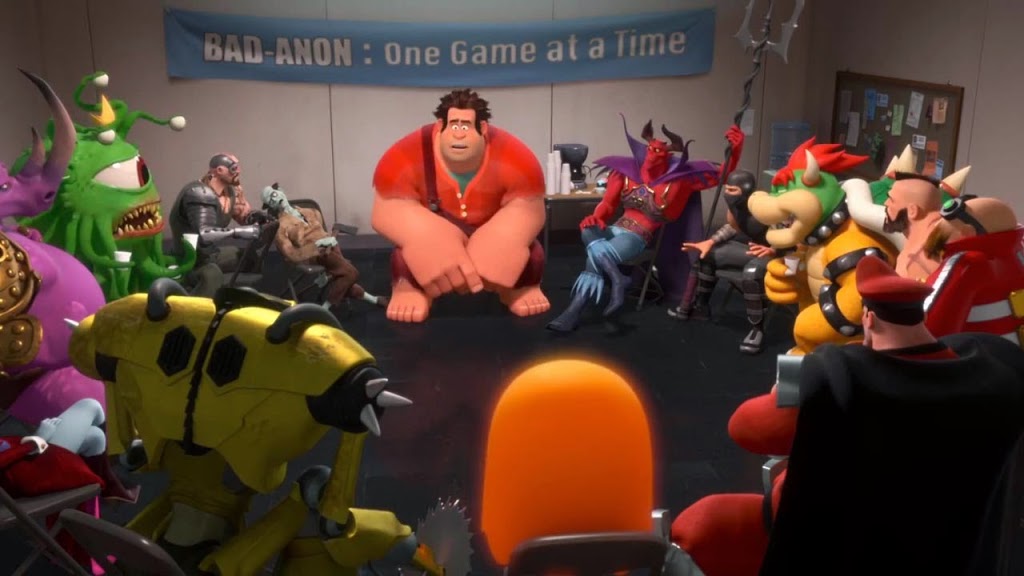 |
| Welcome to the club, meetings on Tuesdays. |
Now, that’s not universally true, there are a lot of steps to be taken before we get to full out publishing if we’re serious about it. Some people may hire professional editors or cover designers in order to handle this. And back in the day, sometimes even today, there are also independents who’ll do a physical print run out of pocket. Because of this, a little bit of that value has to be added to some of our calculations. But even with all of that, our personal time equates to zero, regardless of the risk we took.
That’s why the eBook format is so damn good for us too: the overhead is almost optional for most of us. In fact, it’s because the overhead is optional that there’s suddenly a thriving independent market. But you know who the overhead is almost optional for too? Publishers.
Consider for a moment that the publishing industry has been given a tool where their actual investment to a book’s initial print has gone from hundreds of thousands of dollars to practically zero. There’s paying the editor and there’s paying a cover designer, but this means that the publishers have the same degree of overhead as the average Independent, only a hair greater if an independent is willing to bite the bullet and handle their editing via Literary Guerilla Warfare. So the value difference between Publishers and Indies in this regard is…almost non-existent. That can’t be what justifies their higher prices, can it?
2. Marketing: “How much will it cost me?”
Okay, so here’s the part where the Publishers can start to excuse some of their expenses. For every dollar you spend in marketing you’ve got to make it back from the sales. So you can add the cost of your marketing to the price of the book and it becomes part of your overhead calculation (though how much you spend marketing by the end can depend a lot in earlier successes or failures).
Now, let’s be honest here, this is where an independent author has to really take one on the chin. Our marketing budgets, no matter our efforts, are going to be razor thin. The end result is that sometimes we have to reduce our prices to reflect our inability to market effectively. What does that mean?
Well as an example: I reduced my first novel’s price down to 99 cents not because I think it’s a piece of crap but because I was hoping that “hey, it’s cheap, give it a try” would help me to market the second and eventually third novels in the series. And, after a few months at that price, I’m about to bump it back up (so if you haven’t bought it yet, do it now before it’s too late). This is part of how Indies HAVE to approach it because we can’t afford to spend the price of a car on marketing our work.
 |
| A lot of us can’t even afford a CAR at that price. |
But for a large publisher, this is easy. They’ve already paid for the advertising budgets in the past with the full price while having to cover the print run. So this means the advertising budget can’t be the crux of what was going on either. This leaves us with the hardest pill to swallow.
3. Additional Value: “How much can I get away with?”
And this is the REAL reason why Indies and Publishers come with wildly different price points. When you have name recognition, you can get away with almost any asking price so long as it’s not shockingly out of the norm. But a first time author coming onto the scene with a book that they can hardly market has little recourse but to low-ball themselves for a fighting chance.
In a rational market, the Publishers wouldn’t care about this. If their product was really superior then they could just continue business as is and wouldn’t need to worry about us. But anyone who remembers the words of the Publishers a few years ago will remember that they said Indies were going to flood the market with worthless crap. They continued to maintain their higher price and promoted this idea that anything below their lower price points were just printed garbage. Did they use that exact wording? Of course not, they have a paid marketer using the right code words for it. But the perception is there and it’s been there from the start.
Still, that’s perfectly acceptable in a free market, you can shit on the low-end competition all you want and then turn your attentions to the high end competitor. Then those competitors will either thrive on the value of their work or they’ll have to start dropping prices in order to undercut each other. Eventually, the high end competitors would have settled on the price that would have been rational. And you know what would have happened then? When their prices dropped below $10, the prices of the Indies wouldn’t have looked quite so ridiculously small compared to theirs.
 |
| That kid is like…six feet tall. |
Only one thing, it’s not a free market. They aren’t going to really compete with each other because they fixed the prices. And when they were called on their shit and brought to court, they didn’t even fight it as long as Apple did. They settled out of court because they knew they’d been caught red handed and had to make the problem go away as quickly as possible.
There are people out there today who think Indies have lower prices because they couldn’t run with the big boys. This is a rippling effect that causes some book review bloggers to say they won’t even review something if it isn’t a certain price (one of the reasons I have to bring my first novel back up). Why? Because the market was skewed so hard that they think the real value of an eBook is up where the publishers have it.
They stole from readers, they ruined the image of Indies and they broke multiple laws. Of course, they get away with it because of name recognition. After all, it’s not like a brand name has ever fucked over a consumer before, right?
Right?
(I write books, I’m an indie and I think I deserve a little credit for not spending the whole time talking about how James Patterson’s publisher was one of the publishers busted so you were paying too much for ghost writers.)


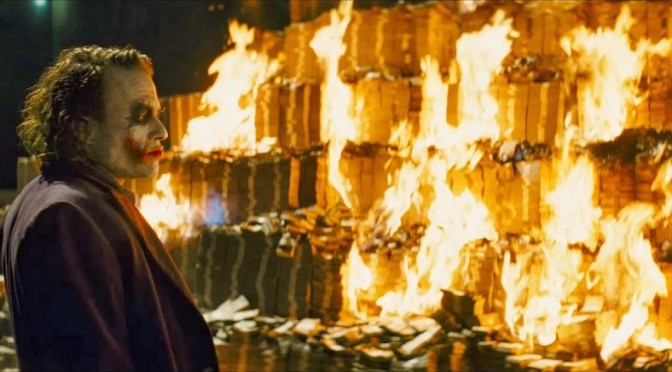
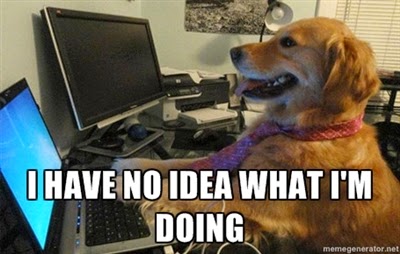
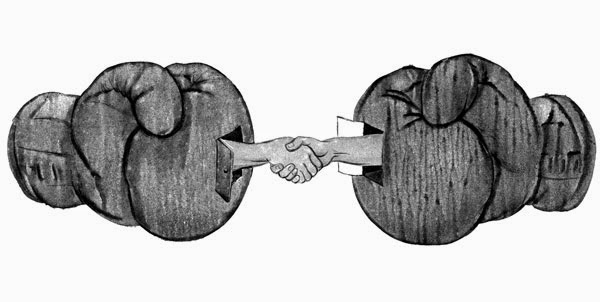

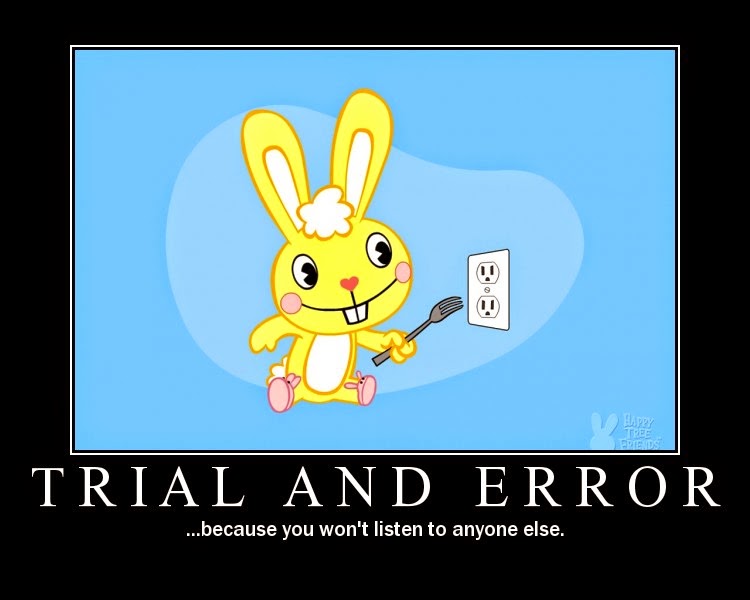

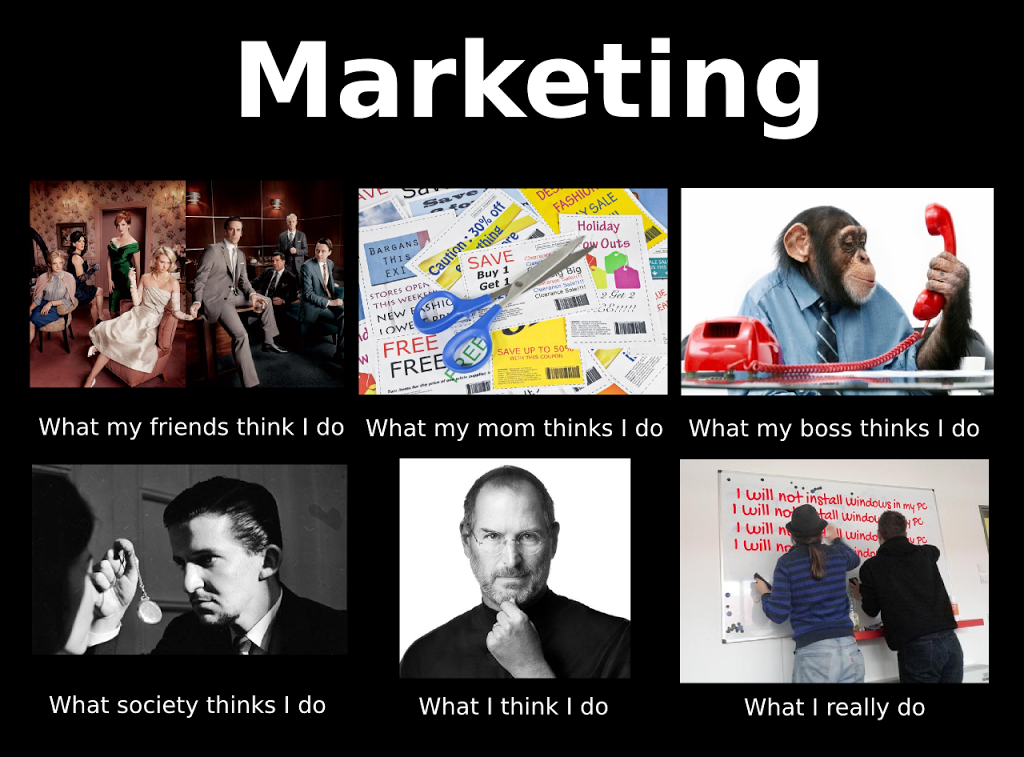
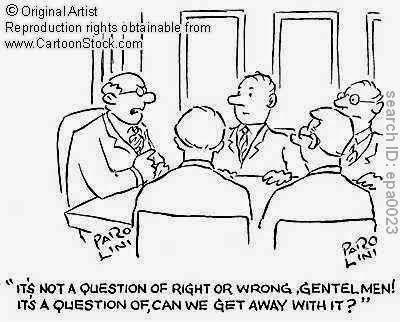





Why? Because the market was skewed so hard that they think the real value of an eBook is up where the publishers have it.